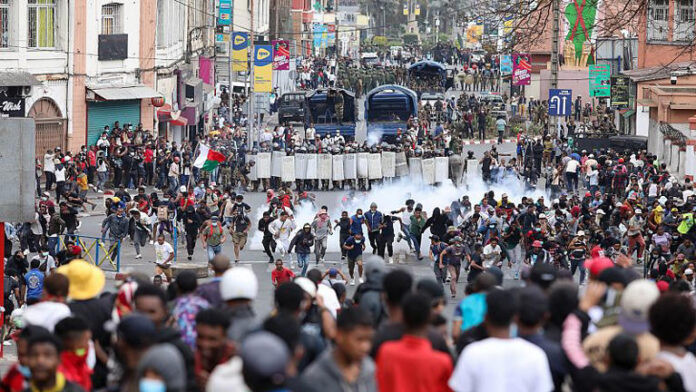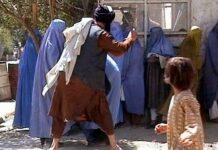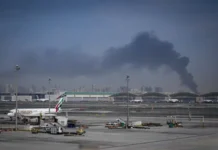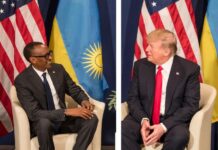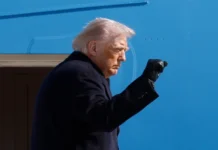(Reuters) – Madagascar President Andry Rajoelina said on Friday he was ready to listen to find solutions to problems facing the poor island nation, but ignored calls for his resignation by a nationwide youth-led protest movement.
Inspired by similar “Gen Z” demonstrations in Kenya and Nepal, the protests have grown since last week into the largest wave of unrest Madagascar has seen in years, tapping into widespread discontent with high levels of poverty and corruption.
The president disbanded the government late on Monday in an attempt to quell public anger, but the move has done little to address grievances that initially erupted in the capital on September 25 over worsening water shortages and power outages.
The United Nations says at least 22 people were killed and more than 100 injured in the first few days of the protests. The government rejects those figures.
“No one benefits from the destruction of the nation. I am here, I stand here ready to listen, ready to extend a helping hand, and above all, ready to bring solutions to Madagascar,” Rajoelina said in a speech broadcast on his Facebook page.
He said, without providing evidence, that some politicians were plotting to take advantage of the protests and had considered staging a coup while he was addressing the United Nations in New York last week.
“Criticism of existing problems does not necessarily have to be expressed in the streets; it should be done through dialogue,” said Rajoelina, who himself first came to power in a 2009 coup after leading mass protests against the government.
In a post on his X account on Friday, Rajoelina said he had also met various groups for the past three days to discuss the situation.
Protests resumed in the capital on Friday after a one-day pause, with police firing tear gas to disperse some marchers, footage from Real TV Madagasikara showed.
Despite Madagascar’s significant mineral wealth, biodiversity and agricultural land, the Indian Ocean island nation is among the poorest countries in the world.
Between independence in 1960 and 2020, income per capita has fallen 45% in real terms, according to the World Bank, which blames the poor economic performance on tight control of the institutions and resources by an unaccountable elite, and a lack of competition and transparency.









